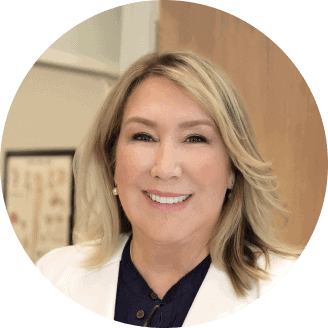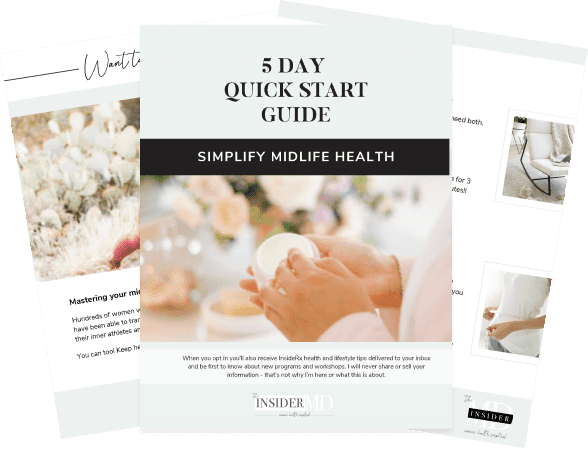
NSAIDs And Your Heart: How To Minimize The Risk
Studies show that NSAIDs (nonsteroidal anti-inflammatory drugs) can increase the risk of a heart attack, stroke, high blood pressure and atrial fibrillation, but the risk is much greater in those who already have heart disease.
Because NSAIDs are so commonly used to treat pain and inflammation, it is important to understand the warnings and how to lower the risks when taking them.
What Are NSAIDs?
NSAIDs are a class of medications that relieve aches, pains and fever by blocking specific proteins, called COX enzymes, which causes a decrease in prostaglandins which are hormone-like compounds, made at sites of tissue damage or infection, that play a key role in pain and inflammation.
NSAIDs are available over-the-counter or with a prescription and include ibuprofen, naproxen, celecoxib (Celebrex), diclofenac (Voltaren, Cataflam), indomethacin and others. Aspirin is also an NSAID, but it doesn’t pose a risk of heart attack or stroke so, it is not covered by this warning. In fact, aspirin is commonly used to prevent heart attack and stroke.
Acetaminophen (Tylenol) is NOT an NSAID. Acetaminophen relieves fever and headaches, and other common aches and pains but does not relieve inflammation
What Are NSAIDs Used For?
NSAIDs are commonly used to relieve mild to moderate pain for a wide range of common conditions, from acute musculoskeletal pain to chronic arthritis. NSAID medications are particularly effective in relieving pain that is primarily due to inflammation, such as arthritis or athletic injury.
What Are The Risks of Using NSAIDs?
In 2005, the FDA first warned that taking nonsteroidal anti-inflammatory drugs (NSAIDs)increased the risk of having a heart attack or stroke and in July 2015 an FDAC panel reviewed additional information about NSAIDs and their risks and strengthened the warning.
The FDA panel warned that NSAIDs can elevate blood pressure and cause heart failure, heart attack and stroke, even with short-term use, and the risk may begin within a few weeks of starting to take an NSAID.
The risk increases with higher doses taken for longer periods of time.
The risk is much greater for those who already have heart disease, but people without heart disease may also be at risk.
How To Take NSAIDs Safely
Taking an NSAID occasionally for a headache or sore shoulder is generally safe. It’s prolonged use that appears to increase the risk.
Those with heart disease should avoid NSAIDs if at all possible.
Take the lowest dose that relieves your symptoms, and limit the length of time you take the medication.
Don’t take more than one type of NSAID at a time because there appears to be risk associated with all types of NSAIDs.
Try acetaminophen (Tylenol) instead. Tylenol relieves pain but doesn’t increase heart attack or stroke risk. But be aware that it can cause liver damage if the daily limit of 6 tablets (3,000 milligrams) is exceeded, or if you drink more than three alcoholic drinks every day.
If you need to take an NSAID for arthritis or other chronic pain, try taking week-long “holidays” from them by alternating with acetaminophen instead.
If you experience chest pain, shortness of breath, or sudden weakness or difficulty speaking while taking an NSAID, seek medical help immediately.
NSAIDS, Heart Attacks and Strokes: Final Thoughts
Even though the evidence shows that all NSAIDs are associated with an increased cardiovascular risk, the increased risk is minimal for most people without cardiovascular disease, who are taking them for short periods of time.
The increased risk is of greater concern for those who already have heart disease or who require long-term treatment with high doses of NSAIDs. If you fall into the higher risk category, it’s important to discuss your options with your physician.
Want to learn more evidence based medical guidance about women’s health during midlife and the menopause transition? Head over to The Insider MD: Women’s Health Simplified and get your Mastering Menopause comprehensive, affordable, online resource today!

MEET DR. ELLEN
My mission is to bring you the most up-to-date, proven medical information, simplified, so you can make confident, educated decisions about your health.
I'M LOOKING FOR...
grab your 5 day
quick start guide



